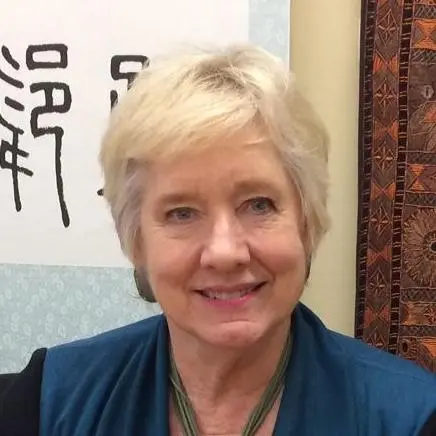China Seminar | 14 May 2015
China-US Strategic Philanthropy: Surprising Changes in China
Philanthropy offers an important means of complementing government efforts to address critical economic and social issues in both China and the US. As the two largest economies in the world, with more than half of the world’s billionaires, China and the US have the capacity to create important international philanthropic and public-private partnerships. In the midst of historically unprecedented transition, China is working hard to enhance its social services, and recognizes that this calls for the growth of non-profit organizations. By December of 2014, there were 4,137 foundations in China, compared to fewer than 400 just fifteen years earlier. This explosive growth underscores the enormous potential of Chinese philanthropy. At the same time, many leaders recognize that despite China’s long history of charity, modern philanthropy is in an early stage of development. Future success depends on the government and the private sector establishing stronger non-profit leadership, greater accountability, and more supportive regulatory and tax policies. Carol M. Fox is Director for Special Projects at the East-West Center. Since 2010, her primary focus has been on philanthropy in China. In partnership with the China Philanthropy Research Institute, she established the China-US Strategic Philanthropy Partnership (CUSP) with the goal of promoting communication, exchange and collaboration between the philanthropic sectors of China and the US to ensure the best use of resources and maximize the benefits to society. Ms. Fox’s professional career has spanned the East-West Center, National Gallery of Art, Bishop Museum, Honolulu Museum of Art, and seventeen years at The Nature Conservancy, where she helped expand their programs from Hawaii to the Asia Pacific Region, and eventually to China. Before launching The Nature Conservancy’s China Program, she persuaded Henry M. Paulson (then head of Goldman Sachs, later 74th Secretary of the Treasury) and Singapore’s Premier Lee Kuan Yew to co-chair the Asia Pacific Council, the first group of leaders to focus on addressing regional issues of conservation and sustainable economic development.
